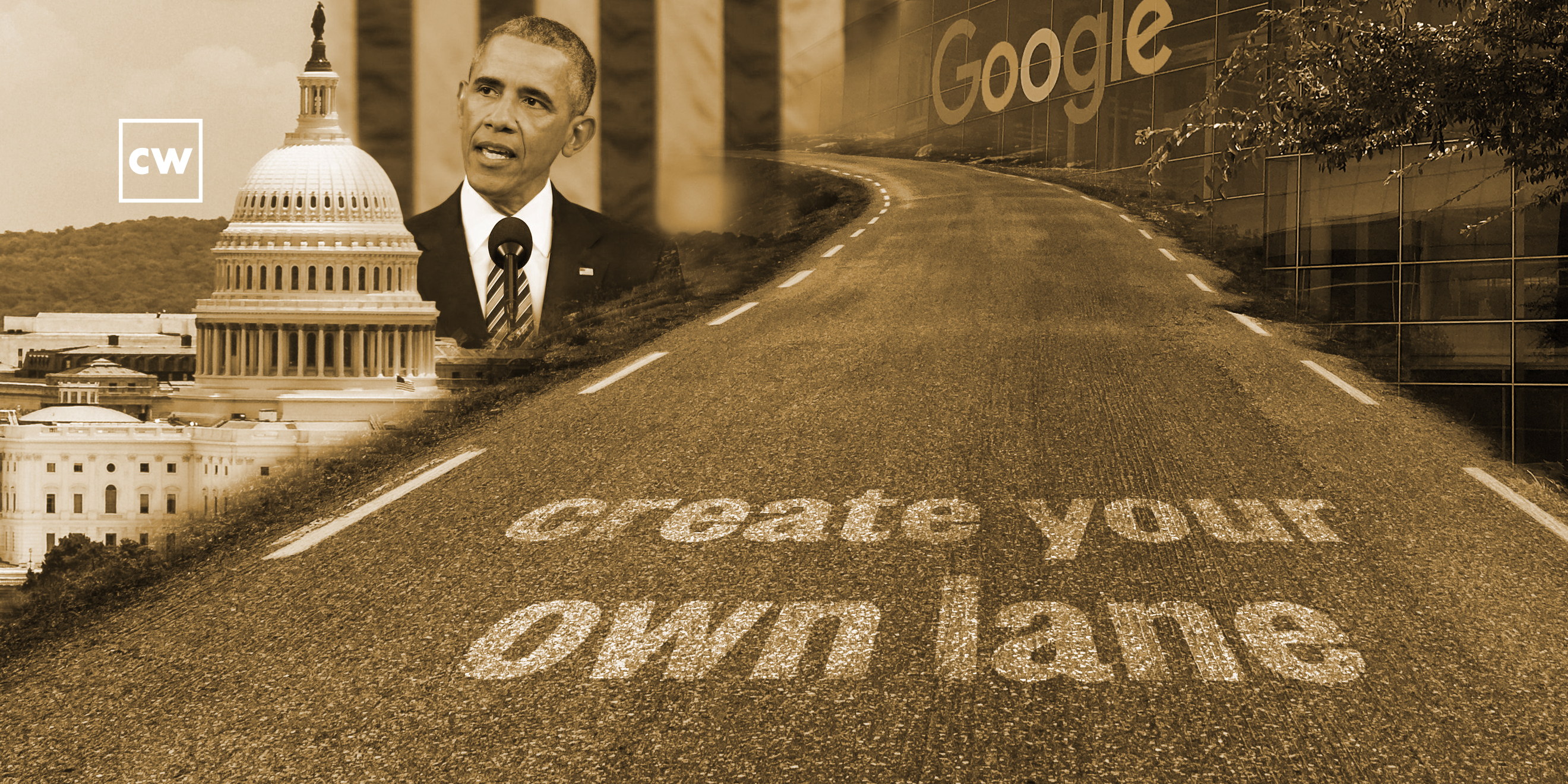
Camille Stewart: Technology becomes more of an equalizer. [Legal]
Camille Stewart: Hi, my name is Camille Stewart and I'm a cybersecurity attorney.
Camille Stewart: I used to make my parents sign contracts when I was a kid, so I always knew I wanted to be an attorney. They would make promises about grades or anything, really and then I would grab a piece of paper and I'd outline the terms, make my sister witness it, and make them sign it. So I always knew I wanted to be an attorney.
Camille Stewart: On the other side of that, my dad's a computer scientist, so I grew up tinkering with computers and technology and sitting in the back of his computer science class that he taught at the local community college. So I also had an acute interest in technology and technical acumen pretty early, so I didn't know how I would put those two things together, but I knew I had to be an attorney and I knew technology would play some kind of role in that.
Camille Stewart: So I went to law school at American University because I liked the international program, but also I was going to work in the Intellectual Property Law Clinic. At least I aspired to, which ended up happening. I thought maybe I would protect people's technology if I couldn't actually be technical and be a lawyer. And after law school, I was recruited to Cyveillance, a cybersecurity company that focuses on open source threat intelligence. So after I spent five years or so at Cyveillance, I went to the Department of Homeland Security and the Obama Administration in the Cyber Infrastructure and Resilience Policy Office, and that was a great opportunity to really dive in on more of the international work, but also a lot of the really pressing issues that had a private sector tie so encryption, cyber export controls, health care, cybersecurity, and election security.
Camille Stewart: After that, I went to Deloitte so that I could to continue the work that I was doing in the Department, but from the outside, so the consultant. I was a security and privacy consultant for DOD and DHS. While working at Deloitte, also was doing some research for a think tank. I had spent some time on the Hill before I started my legal career, and so I kind of felt like I had done small tech at Cyveillance, which was like my foray in private sector. I had done the federal government both from a Hill perspective and an executive branch perspective. I'd done this research work and I felt like the last piece of the puzzle to really be able to speak holistically about law and policy issues related to cybersecurity and technology was to go to Big Tech.
Camille Stewart: To have a full understanding of how Big Tech is looking at these issues and as it increasingly becomes a player and even our governance structures and has a say in how many of the issues that we are looking at which are so big: privacy, supply chain management, cybersecurity in general, I had to understand what what these companies were thinking about as they make these decisions, how the expertise was embedded in the organization, et cetera. So I started to look at Big Tech companies to transition to and ultimately decided on Android and Google Play where I am the Head of Security Policy and Election Integrity now. Because Google Play and Android seems like that small tech environment within this broader tech ecosystem.
Camille Stewart: I represent the user, I create policies and advocate to teams in the best interest of the user internally. So the policies that I write, the strategies that I lead, are all geared towards making sure our users are safe on our platform and equipped to make informed decisions.
Camille Stewart: Create your own lane, every experience that you had is valuable and has some bearing on the work you plan to do and the place you find yourself next. Especially in cyber, it is a multidisciplinary industry and requires the expertise of folks across the spectrum, whether it's social sciences or technical, law, policy, etc. All of those things are beneficial, essential to solving these really complex problems. So I encourage folks to use all of their skill sets to address these complex issues and to do the work to bridge the gap on the technology. That part's easy, but those soft skills you have or that background expertise are all things that will help us solve these complex and ever evolving challenges.
Camille Stewart: I want folks to look at my work and say she was able to empower and to create a generation of informed citizens that can actively engage their security and privacy. Understanding how technology works, what its limitations are, how it plays in societies, how it plays out in the lives of people, and being able to make informed decisions about how you engage is how technology becomes more of an equalizer and I just I want to play a part in making that possible.
